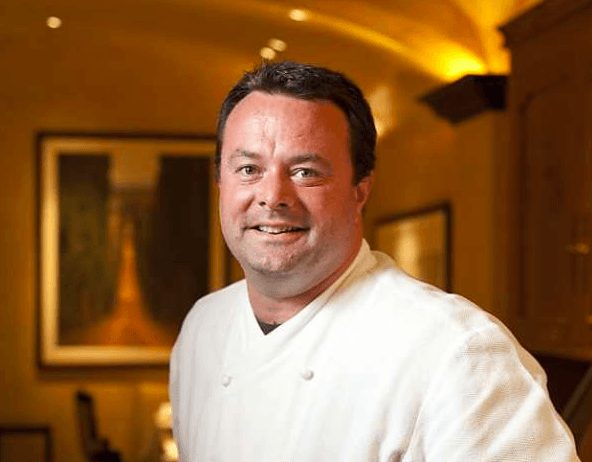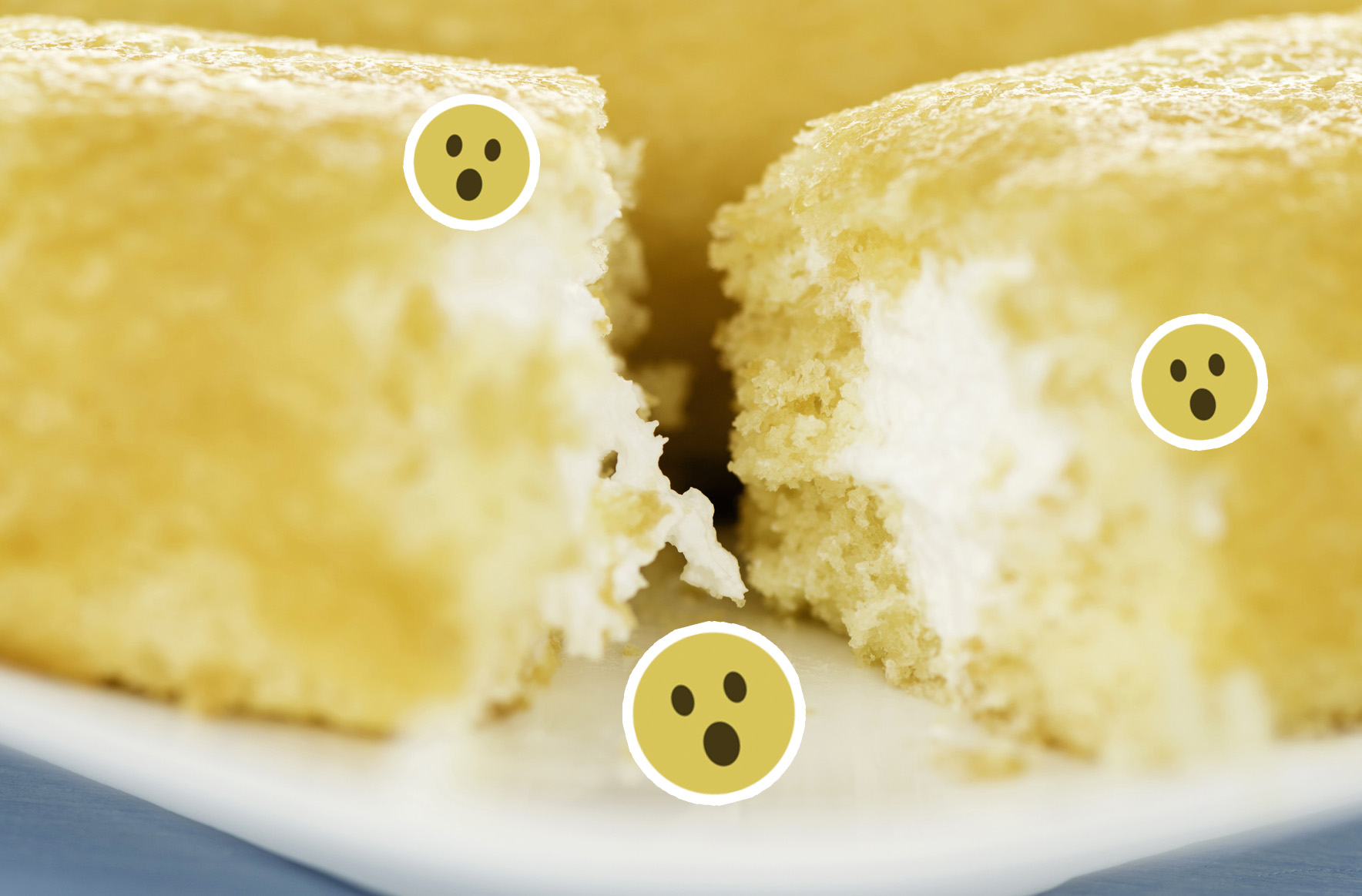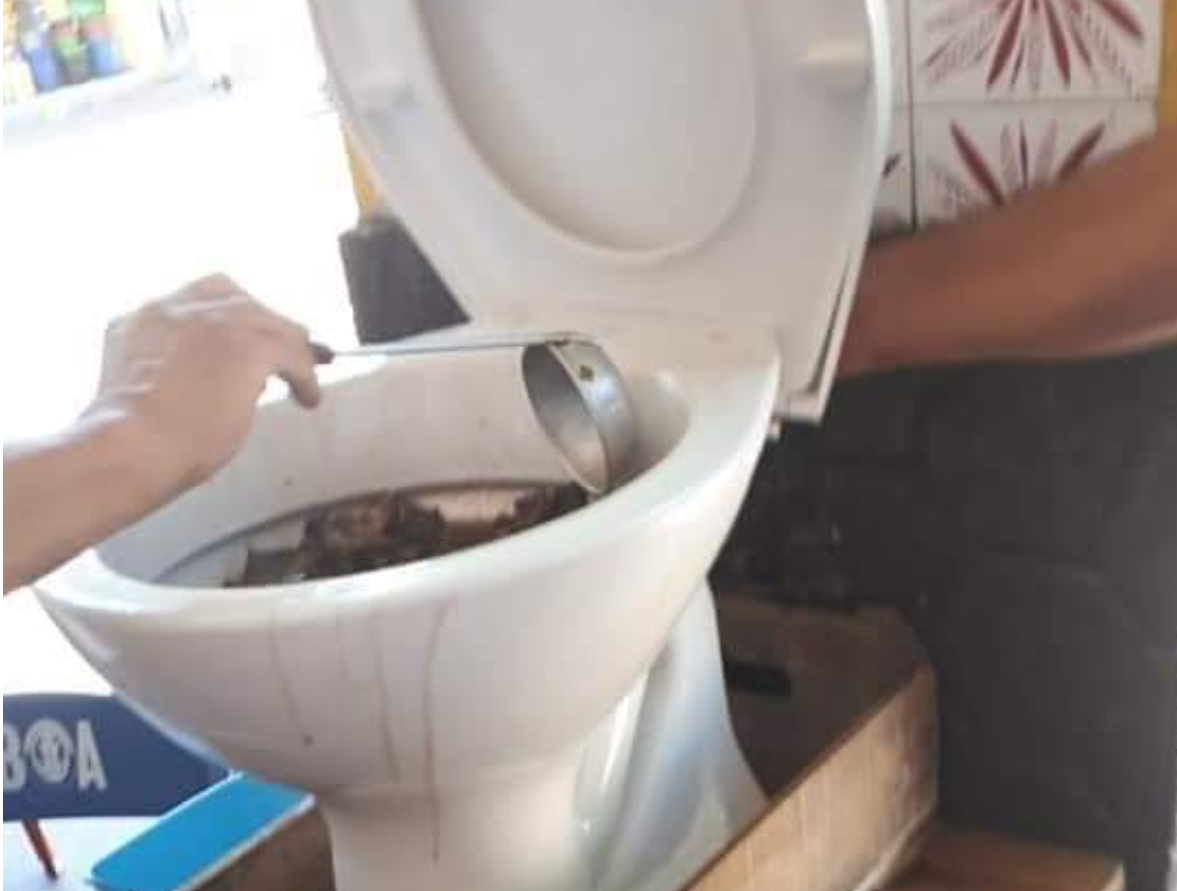You may know Douglas Keane from Season 5 of Top Chef Masters, which aired in 2013. The Michigan native has worked at many legacy establishments including but not limited to: The Four Seasons in NYC, Gary Kunz’s Lespinasse, and Gary Danko. In 2004, Chef Keane opened his own restaurant, Cyrus, in Healdsburg, Sonoma County, with his business partner Nick Peyton, where he won a slew of awards (including two Michelins). In 2016, Chef Keane opened Two Birds/One Stone with L.A. chef Sang Yoon in St. Helena. The restaurant, with a menu that primarily offered California cuisine with a sharp Japanese influence, recently went through a rebrand. In its place, Roadhouse 29 was born — and it opened last week, January 30th.
Aside from a vastly different menu (we’ll get into that later), Roadhouse 29 differs from its former identity in another paramount way: It doesn’t require guests to tip staff, since Chef Keane’s employees will all earn living wages.
If you work or have worked in the food and beverage industry, then you are aware of how little the jobs pay. While it depends which state you live within the U.S., the universal truth is that hospitality employees are often times paid far below a livable wage. According to Payscale, a server’s hourly wage is $6.15 (not including tips). A line cook will make, on average, $11.65 per hour — and many cooks are not tipped out. Bartenders will make around $7.94 per hour (sans tip), and according to Glassdoor, hosts make an average of $23,024 per year. Especially in large cities (which provide the most opportunity for food and beverage professionals) like Los Angeles, San Francisco, and New York, it’s impossible to live on those salaries. But Chef Douglas Keane wants to disrupt the viscous status quo.
While this isn’t a brand new concept (restaurants like Pearl in Petaluma, CA, Parkhouse Meats in Newport, KY, and New York’s Café China have abandoned tipping as well), it’s still rare to come across an establishment that doesn’t involve gratuity as a part of the customer’s bill. Especially with minimum wage increase being such a hot topic in California (there has been a slow increase over the last few years in many cities), So Yummy wanted to sit down with the Chef and talk about not only his business decisions, but his creative direction and background.
So Yummy: How do you think the culture of Roadhouse 29, a no-tip restaurant (since it will be paying its employees truly livable wages) will be different from other establishments? What can guests expect?

Roadhouse 29
Chef Douglas Keane: Guests can expect an extremely efficient yet professional experience. We are still in the food, beverage and service business, but in a nod to the current atmosphere we have devised a concept that thrives on an extremely efficient staffing model without sacrificing the overall experience. We’ve cut out some traditional steps of service, but we don’t think we’ve compromised anything. It’s a place we would like to eat and hang out at.
SY: Please tell us anything else about your decision to do away with tips and focus on livable wages
DK: It’s been a long time coming in my mind. The staffing model I wanted to create led the discussion, the concept of a roadhouse followed based on what we thought could work in this space at this time at a level of quality we were proud of.
The industry as a whole is broken from a staffing perspective. It’s not healthy. It hasn’t been for a long time. But it’s scary to drastically change something with such a huge financial impact.
We just thought it was time and Nick and I decided it’s important enough that we will live or die on this hill. We also have the absolute best partners in the world, Jackson Family Wines, that value taking care of employees. And they have been amazing teammates.
We were curious about the new eatery and asked Chef Keane to describe his new project.
SY: Two Birds One Stone (California cuisine with a Japanese influence) has been reborn as Roadhouse 29 (BBQ). What inspired such an extraordinary menu shift? Why BBQ and classic American?
DK: I realized that the concept of TBOS wasn’t the right fit for the physical space and the location. TBOS needs a small intimate space. The building RH 29 is in calls for a high energy, fun, approachable menu that draws a lot of people to fill up the beautiful building we call home.
SY: What’s a menu item (or items) you think will keep guests coming back for again and again? An item that you hope will become iconic?

Roadhouse 29
DK: My bet is the St. Louis Ribs. They are the dish I’m most confident about that hits on all cylinders of what we are trying to accomplish. I honest to god don’t hope for any iconic dish. I just hope people come back a bunch of times and it becomes their spot. If they have favorites, so be it. But I’d rather them say “it’s all pretty good.”
We don’t have a lot of ego in this restaurant. We just want it to be around for a while, make employees and guests proud of us.
SY: In this article about Roadhouse 29, it seems like the new establishment is really turning away from highbrow, “haute”-cuisine that North and Southern California restaurants are so known for. Both the menu and the space’s environment feel more accessible and pretense-less — do you feel like there is a growing appetite for this?
DK: Fucking A, I hope so. I’m ready for it.
We wanted to learn more about Chef Keane’s background as a chef and what brought him to this point in his career…
SY: What does “success” mean to you as a chef? As a business owner?
DK: It’s changed over time throughout my career. It started out about making people happy with food. Then it morphed into caring way too much about what the Bauer’s and Michelin’s and the like said about me. People who have no idea what it’s like to walk in our shoes get to dictate how good we are supposed to be… and I gladly subscribed to it… pure ego. [I] kind of got disgusted with myself. What our industry has turned into is pretty amazing with the power given to chefs and writers. I’m even writing a book about it: Culinary Leverage: Billionaires, Puppy Dogs And Red Wine Risotto. Working on it as we speak.
Success at this restaurant will be a high energy busy place that is able to support the staffing model we have envisioned and last a long time.

Roadhouse 29
SY: What was the defining moment in your career as a chef?
DK: From a technical perspective, it was working at Lespinasse in NYC for Chef Gray Kunz. Amazing food, flavors, intensity. From a [management] and philosophical perspective it was working for Traci Des Jardins at Jardiniere. She taught me how to cook great food AND be a good manager by treating people really well. From a personal perspective, it would be being mentored since 1976 (I was 5) by Stan Bromley. He’s touched every aspect of my personal and professional life. My mom and dad taught me an intense work ethic and encouraged me to try whatever I wanted to do. Stan taught me how to survive and thrive in the hospitality industry.
SY: What makes a perfect menu?
DK: Balance in a practical sense. Light or heavy, creative or comfortable, etc. Also wording it so people understand and want to eat the items. But love from the kitchen and a passion to make people happy is the philosophical answer.

Roadhouse 29
SY: What is a Top Chef memory that you will cherish forever?
DK: Meeting the teacher and her student that were part of our challenge. Super special people. Also getting to be friendly with the crew that shot the show. All the people who worked for or with Magical Elves company. Super hard working and passionate people.
SY: The best advice you’ve ever been given when it comes to creating delicious food? (Whether it’s for a friend or a customer).
DK: Don’t forget to salt it.







